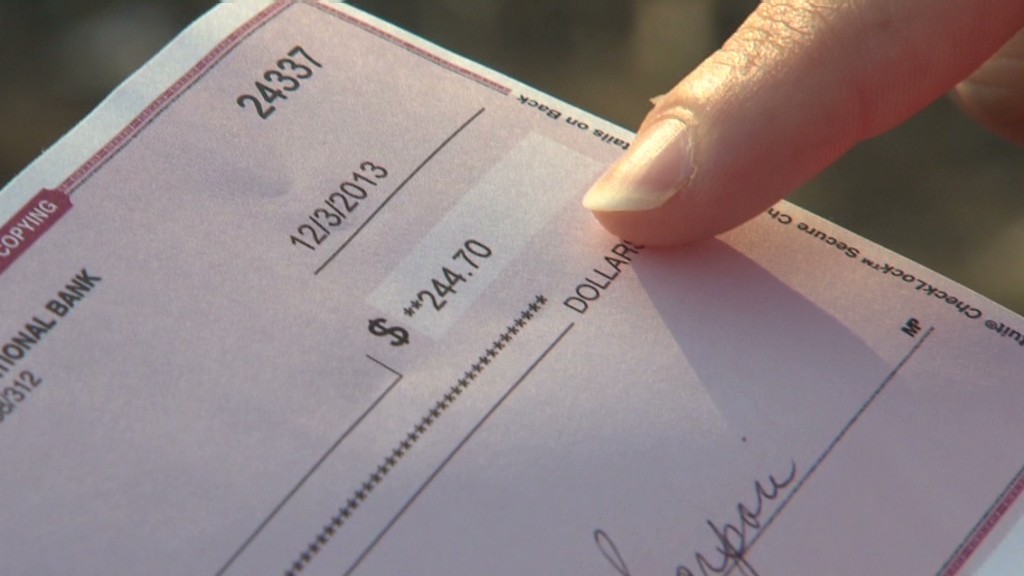
Seattle's new mayor wasted no time in moving the city toward a $15 minimum wage.
Almost immediately after taking office last week, Mayor Ed Murray ordered his administration to develop plans to pay all city workers at least $15 per hour.
He set those gears in motion with an executive order and said he anticipates the wage increase will be implemented in less than four months.
About 600 of the 10,000 employees of the Seattle city government currently earn under $15, spokesman Jeff Reading said. None make less than $10.
Washington has one of the nation's highest state minimum wages. It increases annually with inflation and rose to $9.32 this year.
Related: Minimum wage increases in 13 states
Voters in the nearby community of SeaTac recently increased the minimum wage for many local workers to $15, although a judge ruled in late December the raise does not apply to workers at the largest employer there, the Seattle-Tacoma International Airport. That ruling has been appealed.
Murray, who took office Jan. 1, pledged to study the cost of increasing pay for government employees, as well as how it would be paid for. He cited a preliminary estimate that it would cost the city about $700,000.
The wage increase is expected to require negotiations with labor unions -- who may ALSO want to see increases for workers currently making $15 and above -- and the city council. It would not immediately apply to employees of non-profit agencies contracted by the city.
Related: Wage battleground emerges near the nation's capital
"I believe Seattle should be a model -- the city itself -- for the rest of the employers in this city and in this community," he told reporters.
Both Murray, a Democrat, and a socialist candidate for city council won their November elections with the $15 minimum wage prominently on their agendas.
In December, Murray appointed a panel to investigate the impacts of a $15 minimum wage citywide. It is due to report back in May.
The federal minimum wage has not increased since reaching $7.25 in 2009. But Democrats in Congress and President Obama have proposed increasing it to $10.10, though its prospects are uncertain in divided Washington. Meanwhile several cities and states -- from Maryland to California -- have gone ahead with their own increases.
